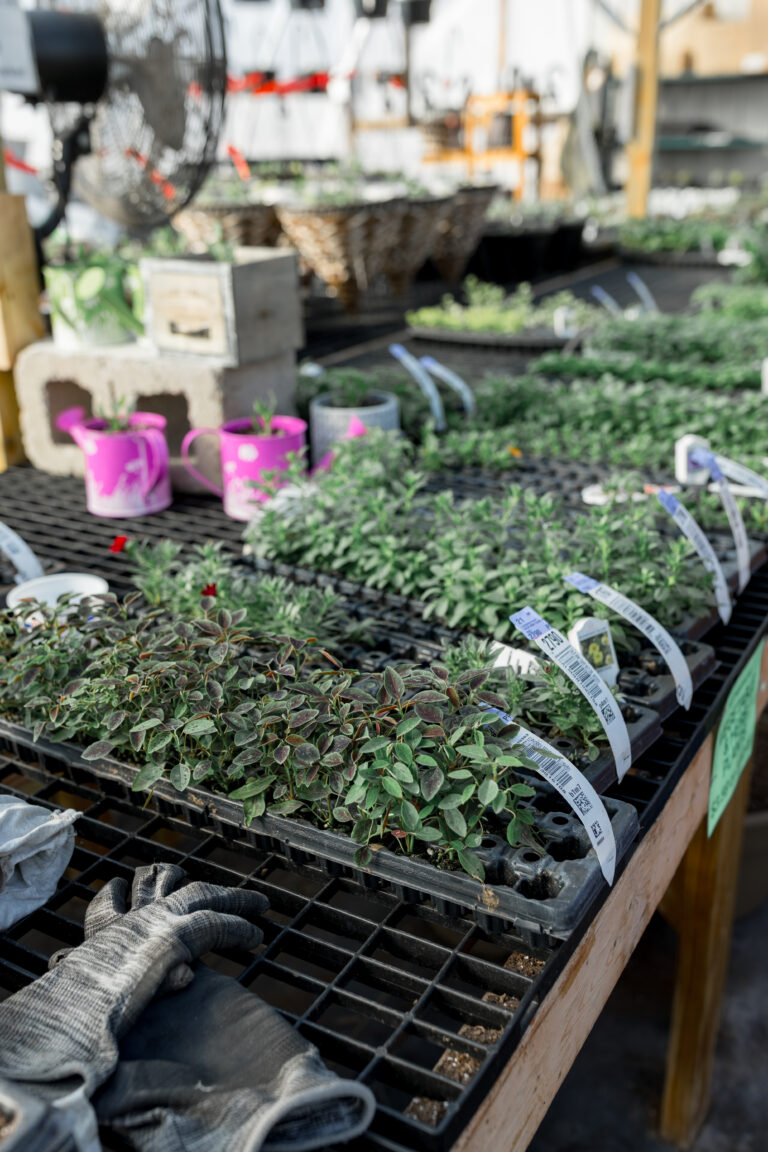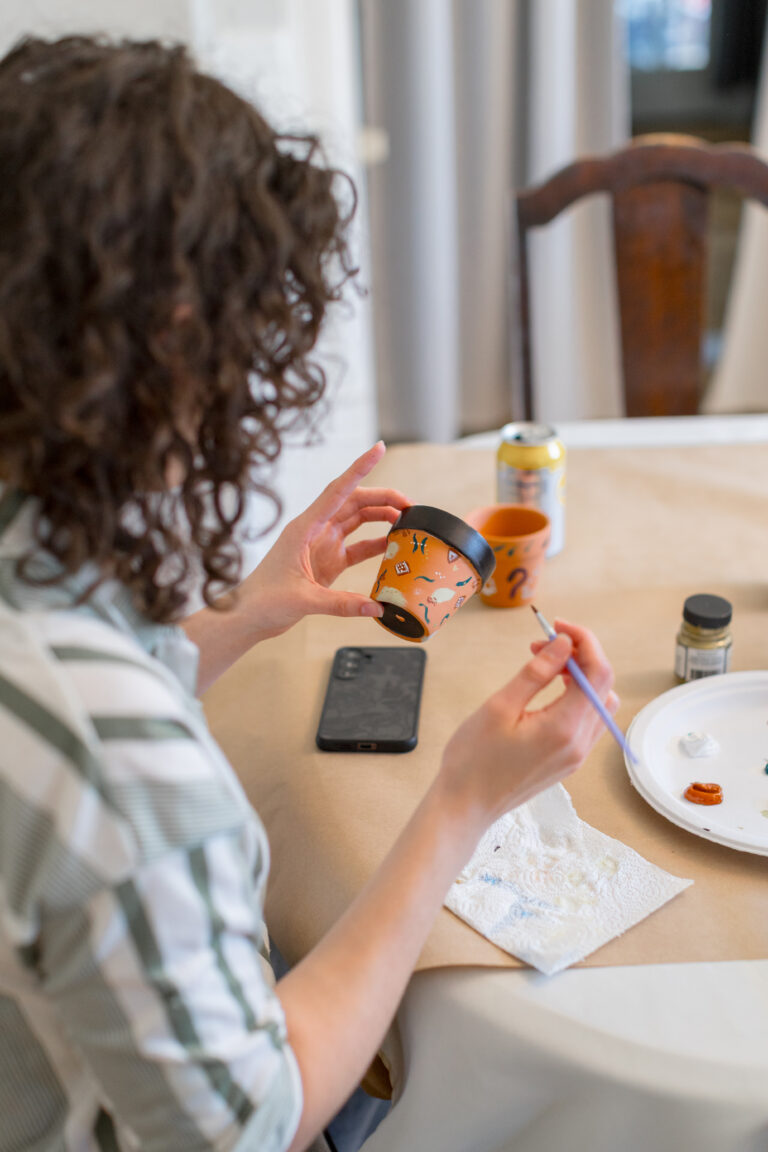The prevention of child abuse is a primary area of impact the National Exchange Club focuses on and something that the Fond du Lac members want to find ways to be more helpful in our community. One
of awareness in February is National Teen Dating Violence Month. It’s not ideal that this is a thing and something that perhaps we don’t know is a common issue. Yet 10% of all teenagers between the age of 12 to 18 are dealing with this right now. It includes stalking, harassment, physical or sexual abuse.
Teen dating violence has both serious short-term and long-term consequences. While healthy relationships tend to have a positive effect on emotional development and future relationships, abusive relationships often do the opposite. Dating violence victims are likely to experience suicidal thoughts, antisocial behaviors, depression and anxiety, and engage in unhealthy behaviors such as alcohol and drug use. Look for signs
and talk to your teens about their relationships.
Below are some helpful tips taken from https://www.teendvmonth.org/resources/
- Start the conversation. It is not easy to talk about such a painful topic. Imagine how hard it must be for your child to raise the issue — especially if she is a victim of dating violence. Ask about your teen’s
relationships by showing concern rather than judgment, so your child does not feel threatened. - Talk with your kids on their level. Teens don’t always get it when you speak to them in abstract terms. Honesty discuss dating and dating violence, using examples such as public figures, book, movie or television characters, or people they know. Use both positive and negative examples.
- Talk often. This will help establish clear channels of communication that confirms your interest in your teen’s life. Don’t be afraid to ask questions and be honest when responding to your child’s questions.
- Be available. Let your teen know that you are always available to talk with her and that nothing is more important to you than her well being. Your child will never open up about such a difficult topic if she feels
that you don’t have the time to talk about it. - Give your undivided attention. Your attention should be completely focused on your child and what she has to say. Don’t be distracted or allow anything to interrupt your time together. Turn off the television, allow the voice mail to pick up any incoming calls and sit down with your child, one-to-one in a relaxed environment.
- Don’t be upset. Try not to get upset if your child is more comfortable talking with another trusted adult, such as a relative, teacher, coach, neighbor or religious leader. It is important that they know you are OK
with them talking to another adult. Remember, the important thing is that they are turning to someone for advice. - Don’t be afraid to let him or her know that you are concerned for their safety. Help your friend or family member recognize the abuse. Tell him or her you see what is going on and that you want to help. Help them recognize that what is happening is not “normal” and that they deserve a healthy, non-violent relationship.
- Acknowledge that he or she is in a very difficult and scary situation. Let them know that the abuse is not their fault. Reassure them that they are not alone and that there is help and support out there.
- Be supportive. Listen to them. Remember that it may be difficult for them to talk about the abuse. Let them know that you are available to help whenever they may need it. What they need most is someone who will believe and listen to them.
- Don’t Judge. Respect their decisions. There are many reasons why victims stay in abusive relationships. They may leave and return to the relationship many times. Do not criticize their decisions or try to guilt
them. They will need your support even more during those times. - Encourage them to participate in activities outside of the relationship with friends and family.






